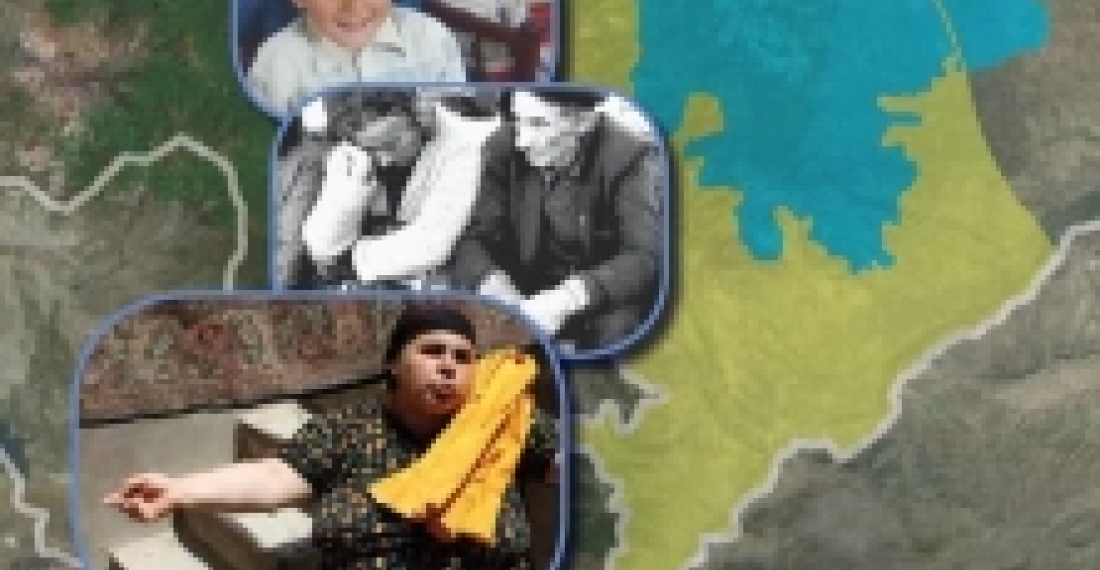In a new publication issued by the Karabakh Contact Group, a project sponsored by Conciliation Resources through the support of the European Union, Armenian, Azerbaijani and international experts address some of the policy dilemmas confronting a just and equitable resolution of forced displacement in the Karabakh conflict. Their essays reveal the fundamentally opposed nature of Armenian and Azerbaijani approaches to resolving this issue, provide evidence of popular attitudes towards the return of displaced persons, and explore possible modalities, likely obstacles and alternatives to return.
A spokesperson for Conciliation Resources in London said:
"The forced displacement of over one million people is a key legacy of the Nagorny Karabakh conflict. Although the humanitarian concerns about displaced Azeris and Armenians in the 1990s and early 2000s have not disappeared, the issue of displacement has subsequently become very politicized as one among many inter-related issues at stake in the NK conflict. In recent years discussions about displacement have shown disturbing signs of the same rival tendencies that have made this question so intractable in other conflict settings. These tendencies include zero sum portrayals of return that equate the physical return of people with the return of political jurisdiction over territory, and the creation of new “facts on the ground” making return impossible. These strategies obscure the rights and choices of displaced people, and foreground the use of the displacement issue as a tool for leverage in the peace process".
Contributors in the publication include Gerard Toal, Artak Ayunts, Tabib Huseynov, Azer Alahveranov, Masis Mayilian, Ashot Beglaryan and Laurence Broers. The paper may be read in full and downloaded here







